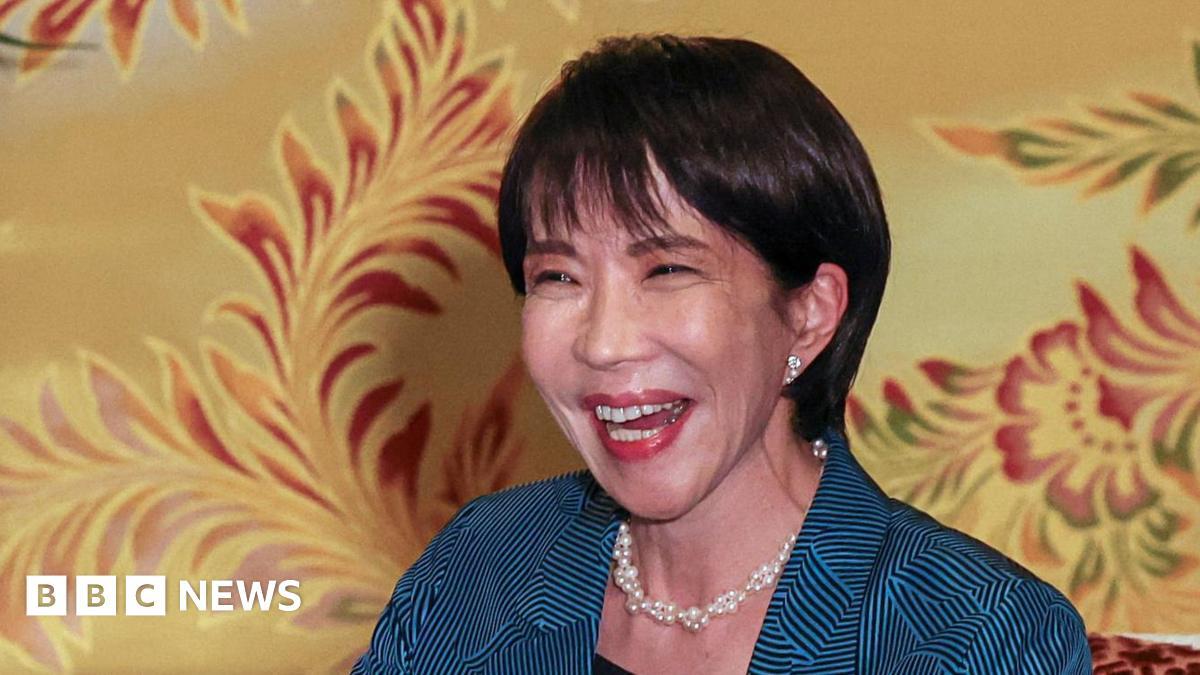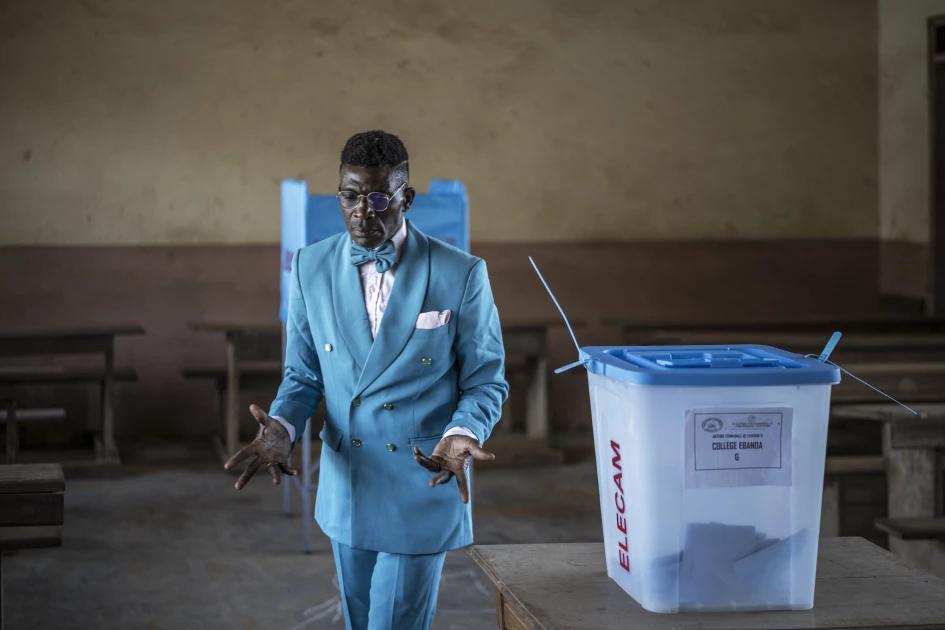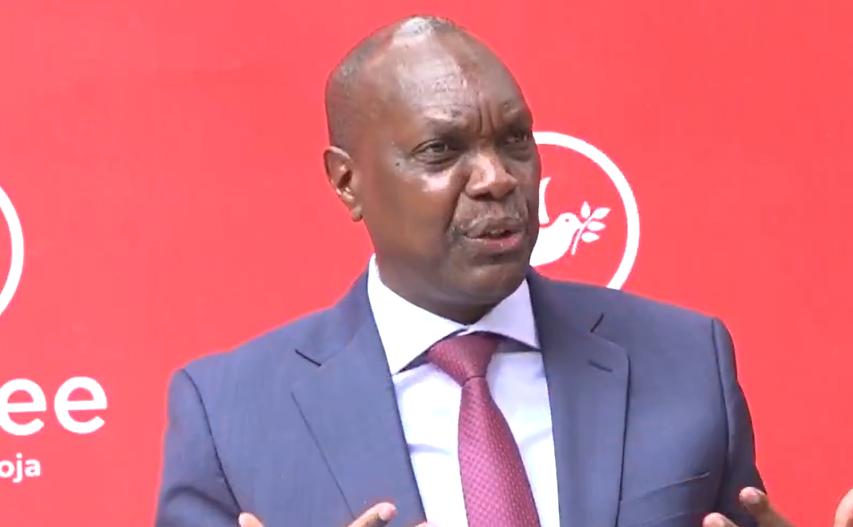
Japan is on the brink of a historic political milestone as parliament prepares to elect Sanae Takaichi as the country’s first female prime minister. Her expected rise marks a significant shift in a nation where women have long been underrepresented in politics.
For decades, Japan has faced criticism for its slow progress on gender equality, particularly in leadership positions. Despite being one of the world’s largest economies, the country ranks low in global gender parity indexes, with women making up less than 10% of its parliament.
BBC journalist Mariko Oi, who has spent more than a decade reporting on Japan’s efforts to increase female participation in politics, described the moment as both “long overdue and transformative.” She noted that while societal attitudes are changing, Japan’s political culture has traditionally made it difficult for women to rise through the ranks.
Oi recalled her frustration over the years as political parties often recruited well-known female celebrities with little political experience in an attempt to appear progressive. “I used to think it should be the best candidate, regardless of sex,” she said.
However, her perspective shifted after speaking with a childhood friend, Risa Kamio, now a lawmaker in Tokyo. Kamio shared how, when she was first elected, she was told to clear her schedule for two consecutive days because overnight meetings were standard practice. As a working mother, she and several other female legislators pushed back against such expectations.
Their efforts led to a gradual change in parliamentary culture. “Having more working mothers helped,” Kamio told Oi. “Several years later, we no longer have overnight meetings.”
Observers say Takaichi’s likely appointment signals a broader recognition of the role women play in shaping modern Japan. While her policies will be closely scrutinized, her election alone represents a major step toward a more inclusive political system.
If elected, Sanae Takaichi will not only make history as Japan’s first female prime minister but also serve as a symbol of the slow yet steady transformation of Japanese politics toward gender equality.
Politics

Nyeri Governor Mutahi Kahiga Resigns from Council of Governors Post
Nyeri Governor Mutahi Kahiga has resigned from his position in the Council of Governors (COG), marking a significant political shift within the influential intergovernmental body.

Madagascar in Turmoil as President Rajoelina Dissolves Parliament
Madagascar’s political crisis has worsened after President Andry Rajoelina announced the dissolution of the National Assembly on Tuesday, a move that has intensified tensions with protesters and parts of the military amid reports that he has fled the country.

Cameroon Votes as Biya Seeks Eighth Term in Divided Nation
Cameroon went to the polls on Sunday in a highly watched election, with long-serving President Paul Biya widely expected to secure an eighth term in office.

Jubilee Party Backs Wiper Nominee in Kariobangi North Poll
The Jubilee Party has announced that it will not field a candidate in the upcoming Kariobangi North Ward by-election, instead choosing to support the Wiper Party’s candidate.

IEBC Registers 7,000 New Voters as Biometric System Launches
Kenya’s electoral agency has recorded over 7,000 new voter registrations within the first four days of resuming its Continuous Voter Registration (CVR) programme, signaling a strong start to the nationwide exercise.